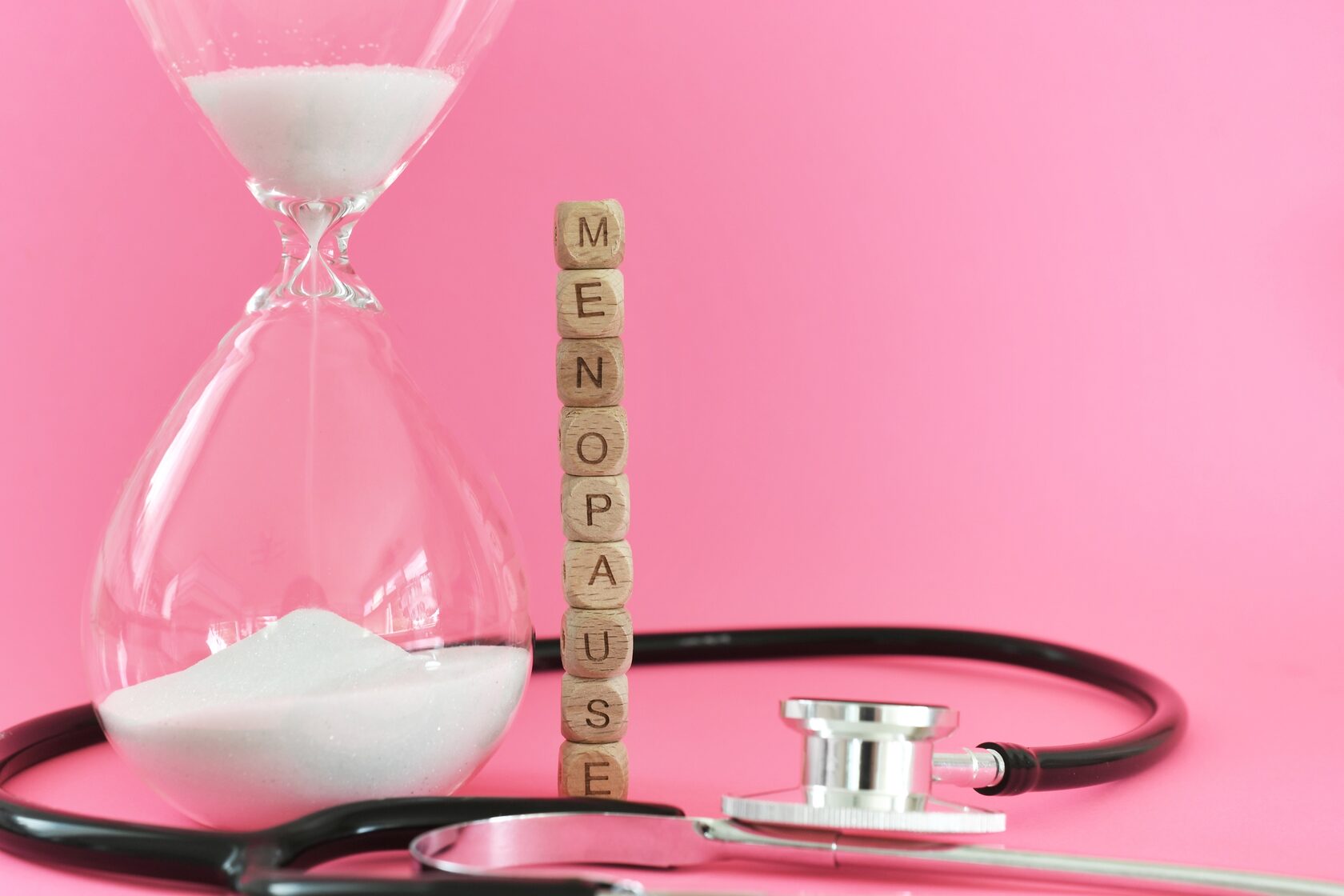Menopause, the stage in a woman's life when menstruation and fertility cease, is a natural process that typically occurs between the ages of 45 and 55. This period is accompanied by changes in the body, such as a decrease in estrogen levels, which can lead to various symptoms including hot flashes, sleep disturbances, mood swings, and an increased risk of developing conditions such as osteoporosis and cardiovascular diseases.
However, despite these challenges, the post-menopausal period can be a time of new opportunities and an active lifestyle. It's important to adapt your lifestyle and focus on health to continue enjoying a fulfilling and active life in older age.
Caring for Mental Well-being
After menopause, many women experience changes in mental well-being, such as sleep disturbances, mood swings, and decreased energy levels. It's important to pay attention to your mental well-being and take steps to support it. Regular yoga sessions, meditation, or other relaxation methods can help manage stress and improve sleep quality. Additionally, maintaining an active lifestyle, including regular physical exercise and participation in social activities, can be beneficial.
Healthy Eating and Weight Management
With hormonal changes after menopause, women often face weight gain and metabolic changes. It's important to monitor your diet and maintain a healthy weight to reduce the risk of developing cardiovascular diseases, diabetes, and other weight-related conditions. A diet rich in fruits, vegetables, nuts, seeds, and whole grains, along with moderate consumption of fats and sugars, can help maintain a healthy lifestyle.
Regular Medical Check-ups and Screening
After menopause, it's important to maintain regular medical check-ups and undergo screening tests to detect potential health issues. This includes checking cholesterol levels, blood pressure, as well as screening for breast, cervical, and colorectal cancer. Early detection and treatment of various conditions will help preserve health and well-being throughout life.
Maintaining an Active Lifestyle
An active lifestyle plays a key role in maintaining health and well-being after menopause. Regular physical exercises such as walking, swimming, yoga, or fitness classes help maintain muscle strength and flexibility, improve circulation, and overall well-being. It's also important to incorporate activities that bring joy and pleasure into your life, such as traveling, hobbies, and socializing with friends.
Social Support Network
Maintaining close relationships with friends and family is important for mental well-being and quality of life after menopause. Regular communication, meetings, and participation in social activities help reduce stress, improve mood, and create a sense of belonging.
Overall, the post-menopausal period can be a time of new opportunities and an active lifestyle. With changes in the body and lifestyle, women can continue to enjoy a fulfilling and active life in older age.
